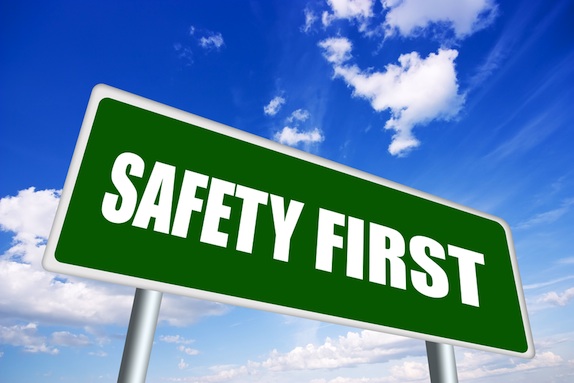The Center for Chemical Process Safety (CCPS) International Conference is one of four parallel symposia that comprise The Global Congress on Process Safety (GCPS). Organized by volunteers from industry and academia, the CCPS conference promotes process safety by identifying emerging process safety issues and advancing leading process safety management practices. It is dedicated to managing process safety systematically, locally, regionally and internationally.
The year 2017 is the tenth anniversary of the publication of CCPS’s ground-breaking book, Guidelines for Risk Based Process Safety. The 32nd CCPS International Conference will focus on the implementation of Risk Based Process Safety. Specifically, what are companies doing to improve their execution on the 20 elements of Risk Based Process Safety? CCPS developed the Vision 20/20 model to help companies visualize great process safety performance. Risk Based Process Safety defines the strategy on how to achieve the goals of Vision 20/20 through improvements in management systems. Different companies face different challenges and therefore must develop different approaches. CCPS is seeking papers that describe the challenges, the strategies, and the successes in implementing Risk Based Process Safety at your company.
The conference agenda will consist of nine sessions, each with three 25-minute presentations. Papers are selected by session chairs based on an abstract of 100-200 words. The abstract must offer a brief account of the contents, conclusions, and the relevance to the topic area. Submitted abstracts must include the author(s), their affiliation, full address, email, and phone number. The papers will be published in the GCPS proceedings.
CCPS Chair
-
Russell Ogle, CCPS_chair@aiche.org
Encouraged session topics for this symposia include:
-
Commit to Process Safety
-
Understand Hazards and Risk
-
Manage Risk
-
Learn from Experience
-
Featured CCPS Projects
-
Case Histories (GCPS Joint Session)
Commit to Process Safety
Excellent process safety performance begins with a profound, authentic commitment at all levels of the organization to do the right thing in the right way each and every time, even when no one is looking. This segment of Risk Based Process Safety establishes models for behavior, involvement, and competence throughout the workforce as well as engaging stakeholders.
- Process safety culture
- Compliance with standards
- Process safety competency
- Workforce involvement
- Stakeholder outreach
Understand Hazards and Risk
Process knowledge management is a never-ending effort to review, update, and maintain the key knowledge needed to safely operate your processes. You cannot manage risks you never identified or have long forgotten. Maintaining vigilance in hazard identification, evaluation, and control are essential steps in managing risks. To ensure high performance at all levels of process safety, it is essential that this knowledge is integrated into the organization and preserved. Risk analysis provides a rational basis for allocating scarce resources where they will do the most good.
- Process knowledge management
- Hazard identification and risk analysis
Manage Risk
Process units must be operated and maintained in a way that manages the hazards of those units. Changes to a process unit must be managed to maintain an adequate level of protection and to prevent the introduction of new, uncontrolled hazards. Should a process safety incident occur, the organization must be able to respond rapidly and mitigate the incident’s consequences.
- Operating procedures
- Safe work practices
- Asset integrity and reliability
- Contractor management
- Training and performance assurance
- Management of change
- Operational readiness
- Conduct of operations
- Emergency management
- Case Histories (GCPS Joint Session)
Learn from Experience
In process safety, there are always opportunities for improvement. It is essential that the management of an organization seizes every chance to learn more about its process safety performance. To achieve excellence in process safety, the management team needs to routinely evaluate the organization’s performance and seek continuous improvement.
- Incident investigation
- Measurement and metrics
- Auditing
- Management review and continuous improvement
Featured CCPS Projects
This session will highlight current CCPS projects. Papers will provide a summary of the updated or novel aspects of the project and serve as a communications tool for the associated activities or publications. Additionally, papers from individuals which support proposed or recently initiated projects could be accepted.
Case Histories - GCPS Joint Session
Reviews of process safety incidents provide valuable learning opportunities. This session invites papers to help understand the causes and lessons learned from incidents in the industry with an emphasis on events that have helped define and develop the process safety field over the years.

